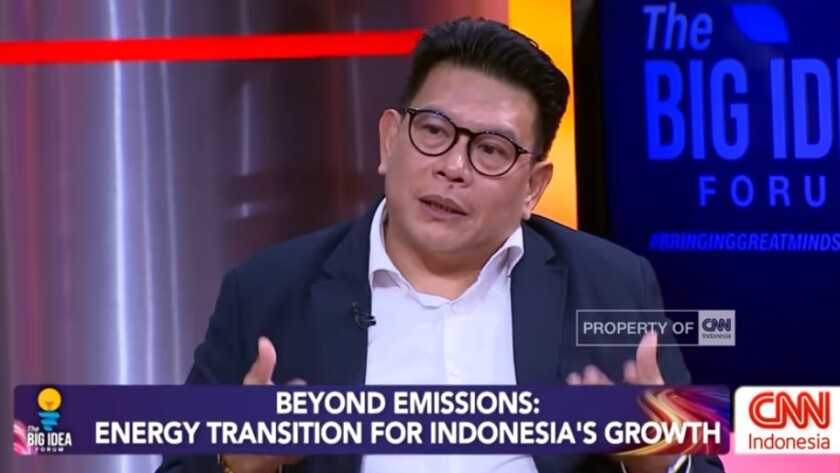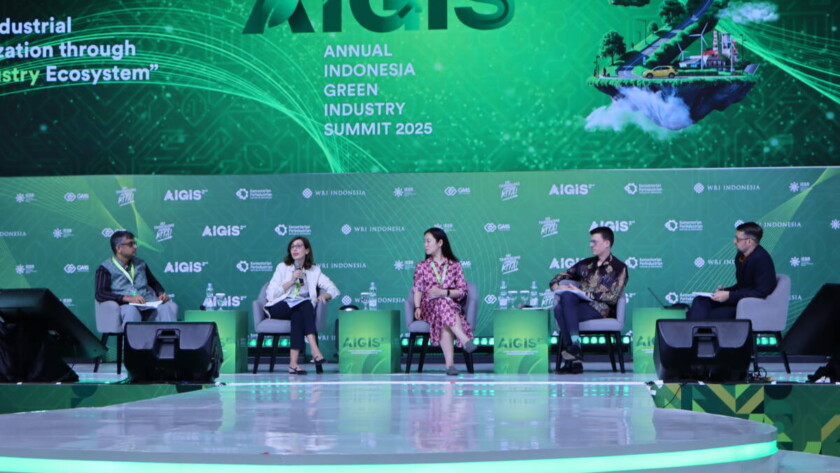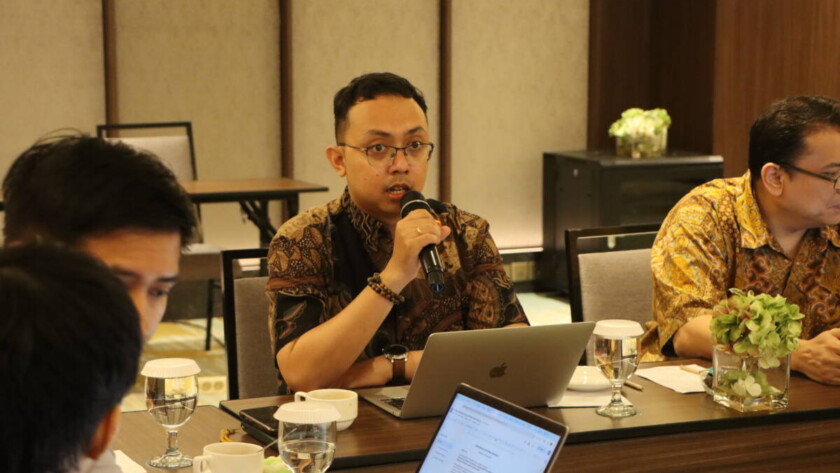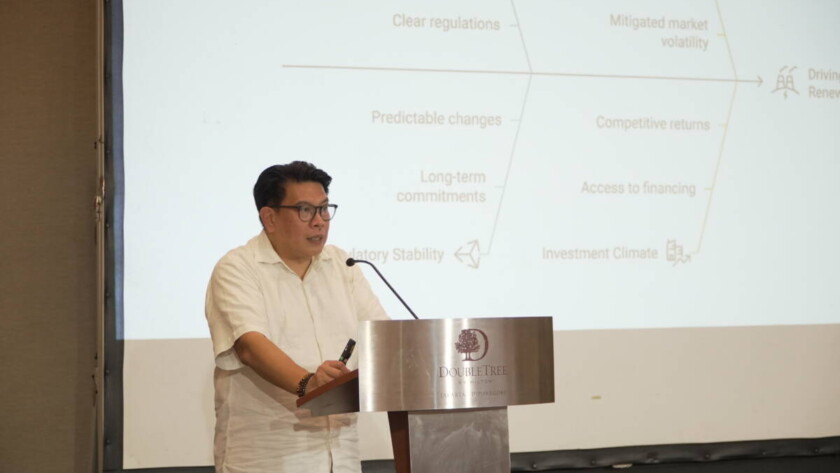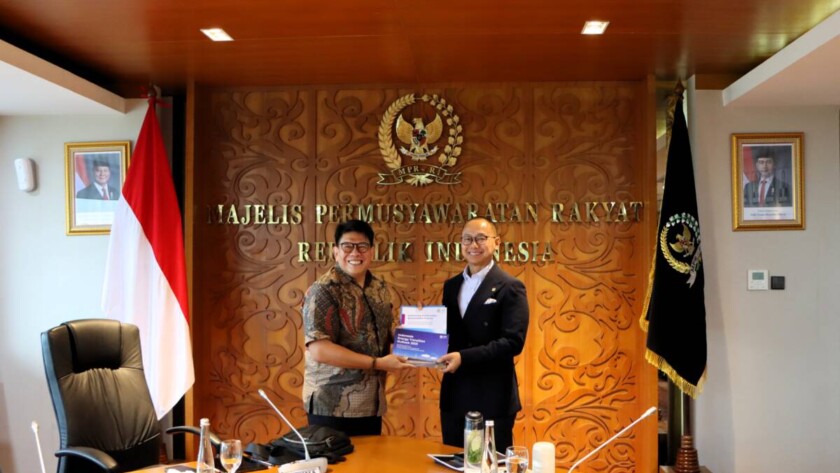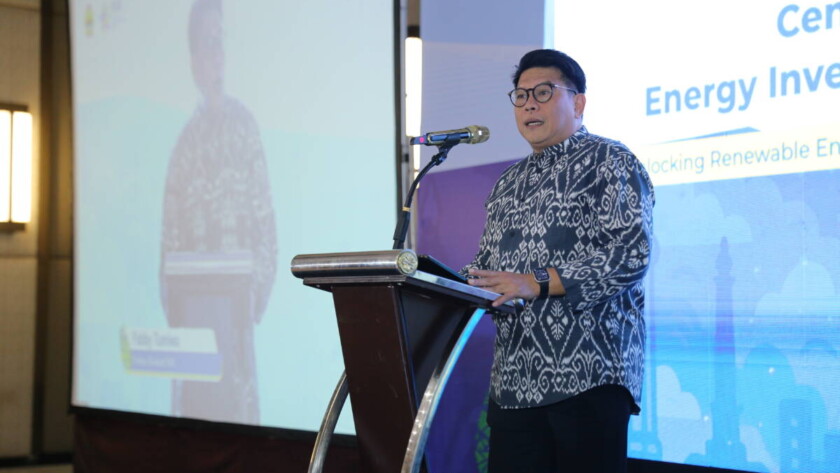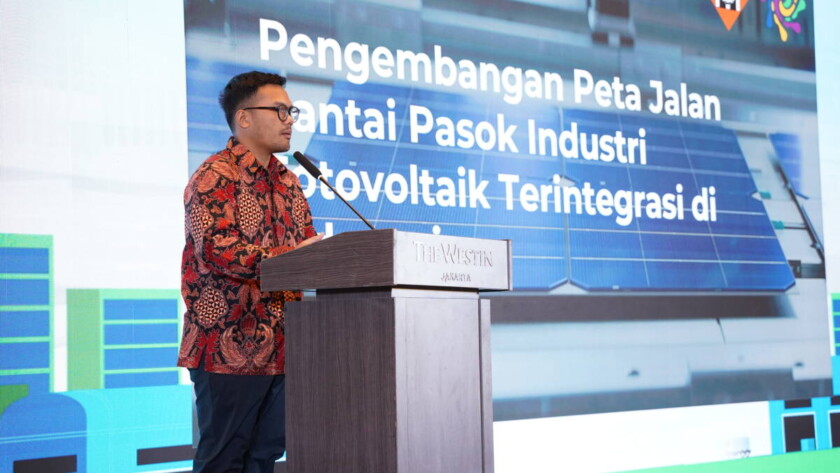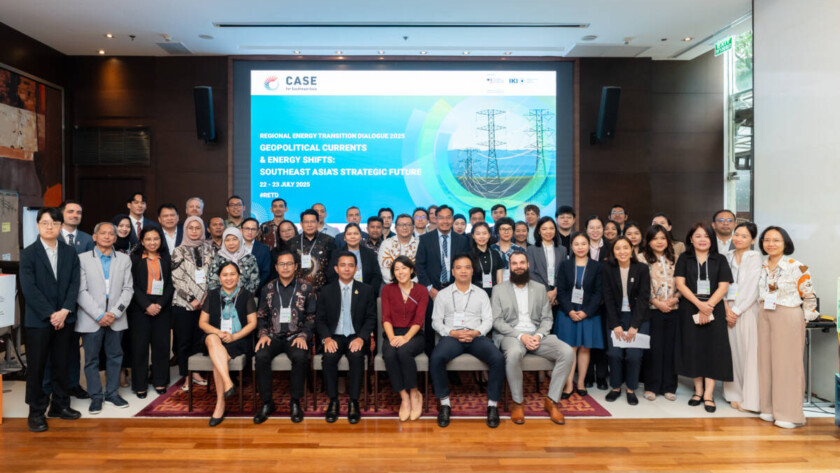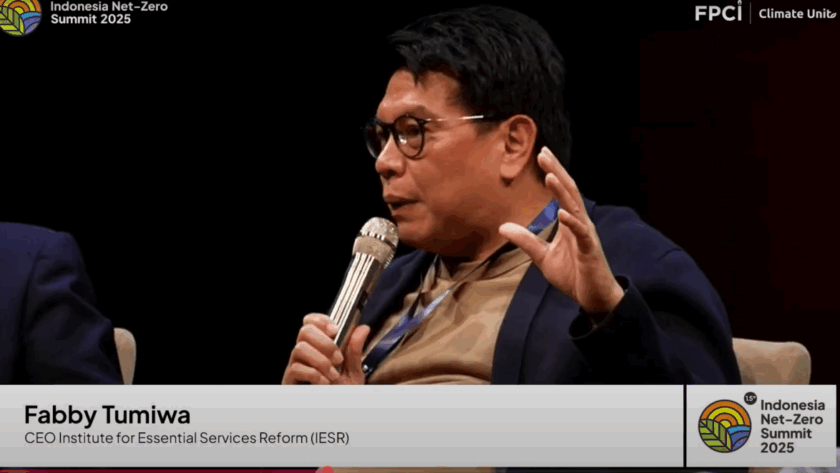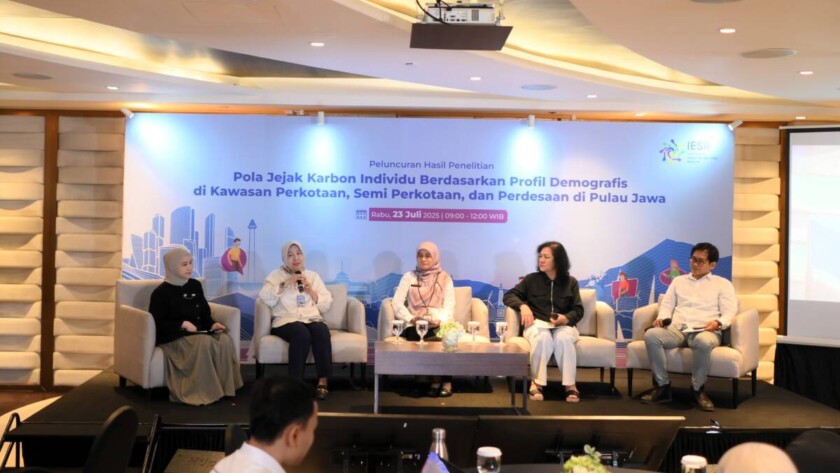Semarang, August 21, 2025 – Central Java plays a strategic role in supporting Indonesia’s national economy through its continuously expanding industrial sector. In 2024, the manufacturing industry emerged as the largest contributor to the provincial economy, accounting for approximately 33.84 percent of the regional GDP, according to data from the Central Statistics Agency (BPS) of…



